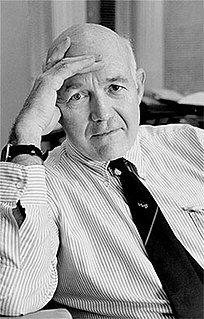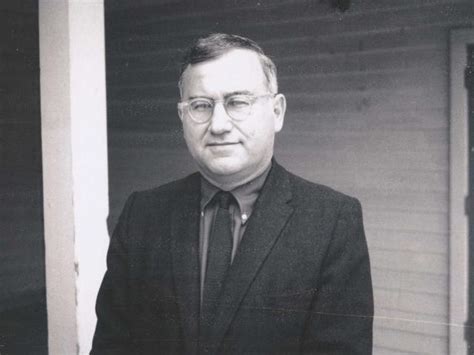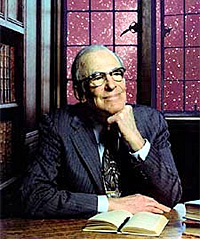A Quote by Paul Bloom
If our moral attitudes are entirely the result of nonrational factors, such as gut feelings and the absorption of cultural norms, they should either be stable or randomly drift over time, like skirt lengths or the widths of ties. They shouldn't show systematic change over human history. But they do.
Related Quotes
Cultural diversity and cultural change are desirable and inevitable. We are cultural animals, someone without a culture is not human. But the cultures we possess vary enormously. Indeed, the variability, over time and space is the great evolutionary advantage of humanity. Instead of changing biologically over millennia, human beings can change culturally over decades
The steep ride up the and down the energy curve is the most abnormal thing that has ever happened in human history. Most of human history is a no-growth situation. Our culture is built on growth and that phase of human history is almost over and we are not prepared for it. Our biggest problem is not the end of our resources. That will be gradual. Our biggest problem is a cultural problem. We don't know how to cope with it.
Either over neither, both over either/or, live-and-let-live over stand-or die, high spirits over low, energy over apathy, wit over dullness, jokes over homilies, good humor over jokes, good nature over bad, feeling over sentiment, truth over poetry, consciousness over explanations, tragedy over pathos, comedy over tragedy, entertainment over art, private over public, generosity over meanness, charity over murder, love over charity, irreplaceable over interchangeable, divergence over concurrence, principle over interest, people over principle.
I think fashion is probably one of the most accessible and immediate forms of visual culture. In 1978, when I realized that I wanted to work on fashion, I had gone to Yale to get my Ph.D. in European cultural history. I suddenly realized fashion's part of culture, and I can do fashion history. All my professors thought this was a really bad idea, that fashion was frivolous and unimportant. And, increasingly over time, people have recognized that it provides such a mirror to the way we think, our values and attitudes.
A tension has always existed between the capitalist imperative to maximize efficiency at any cost and the moral imperatives of culture, which historically have served as a counterweight to the moral blindness of the market. This is another example of the cultural contradictions of capitalism - the tendency over time for the economic impulse to erode the moral underpinnings of society. Mercy toward the animals in our care is one such casualty.
Another thing is, people lose perspective. It is a cultural trait in America to think in terms of very short time periods. My advice is: learn history. Take responsibility for history. Recognise that sometimes things take a long time to change. If you look at your history in this country, you find that for most rights, people had to struggle. People in this era forget that and quite often think they are entitled, and are weary of struggling over any period of time
Our knowledge of stars and interstellar matter must be based primarily on the electromagnetic radiation which reaches us. Nature has thoughtfully provided us with a universe in which radiant energy of almost all wave lengths travels in straight lines over enormous distances with usually rather negligible absorption.
If, however, one factor is too successful, it will continue to be the winning factor regardless of the variation in the other factors over the range of variation in the conditions, and therefore will stifle the development of other advantageous factors until the conditions change sufficiently that it no longer is the winning factor. At this point, the whole population is ill prepared for the change, and may well perish entirely if the winning factor accidentally becomes the matching factor for a disease or a predator.






































